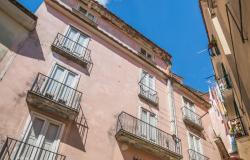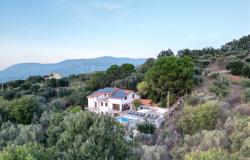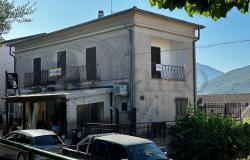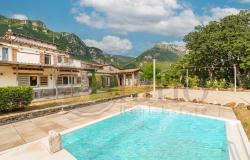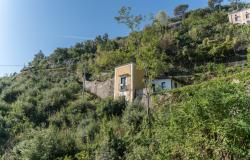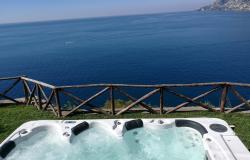 More than 30 people were arrested in Naples on Wednesday in major police operations aimed at stemming a Mafia-fuelled crime wave.
More than 30 people were arrested in Naples on Wednesday in major police operations aimed at stemming a Mafia-fuelled crime wave.
At least 20 people were arrested in Fuorigrotta on the western outskirts of Naples, most of them members of rival clans belonging to the southern city's homegrown crime syndicate known as the Camorra.
Police seized two feuding bosses, Antonio Bianco and Salvatore Zazo, as well as a member of former premier Silvio Berlusconi's Forza Italia party who is accused of vote buying.
Giuseppe Primiano Nocerino is believed to have paid the Zazo clan 17,000 euros for votes.
Nocerino failed to be elected as city councillor in May local elections but 175 of the 195 total votes he obtained came from Fuorigrotta.
Meanwhile, in the northern suburb of Melito, a newly created anti-crime squad consisting of 400 police officers carried out an anti-drug sweep, making several more arrests.
Melito is overrun by drug-dealing mafiosi headed by the Di Lauro clan.
Police also swooped on the Camorra neighbourhoods of Scampia, Sanita' and Torre Annunziata where hundreds of police carried out door-to-door searches.
Meanwhile, another murder took place in the city when two men driving a stolen ambulance opened fire on a 41-year-old man believed to be a prominent mafioso.
It was the 12th murder in and around Naples in the past fortnight.
Since the start of the year, there have been more than 72 murders, 50 of them Camorra-linked.
The crime surge has led the government to take emergency action.
More than 1,000 police and other law-and-order officials have been sent to the city and surrounding province to boost the 13,250-strong local police force.
In particular, a 'rapid reaction' force of 400 policemen has been set up for what Interior Minister Giuliano Amato has described as "targeted anti-crime operations".
The government also plans to create 80 more patrol teams in the city and gives the police more cars and computers.
Surveillance cameras will be mounted throughout the city and particularly in high-crime areas.
Amato said this measure, to be completed within six months, would allow constant police monitoring of roads, stations and schools.
City street lighting will also be improved.
Premier Romano Prodi has ruled out sending in the army for now, arguing that an increased police presence in Naples is more important.
But he stressed that troops could be deployed if the situation failed to improve.
Meanwhile, the government sought to ease public alarm, noting that the number of murders in Naples itself was actually lower this year than last.
It said 49 murders had taken place in the city in the first 10 months of 2006 compared to 52 during the same period in 2005.
"Naples is not the Far West and those who depict it that way are harming the city," Amato said.
Naples Mayor Rosa Russo Jervolino said a "dirty media campaign" was under way against the city.
But she hailed the government's "concrete action" as the start of a turnaround.
Prodi has not only promised "tough action" against the Camorra but also investment projects aimed at improving the city's social and cultural life and reducing its 24.7% jobless rate.
Justice Minister Clemente Mastella has come under fire for championing a prisoner amnesty recently approved by parliament which led to the release of some 2,720 inmates from Campania's jails and 1,320 in Naples alone.
Six of the most recent murder cases involved convicts released under the amnesty.
